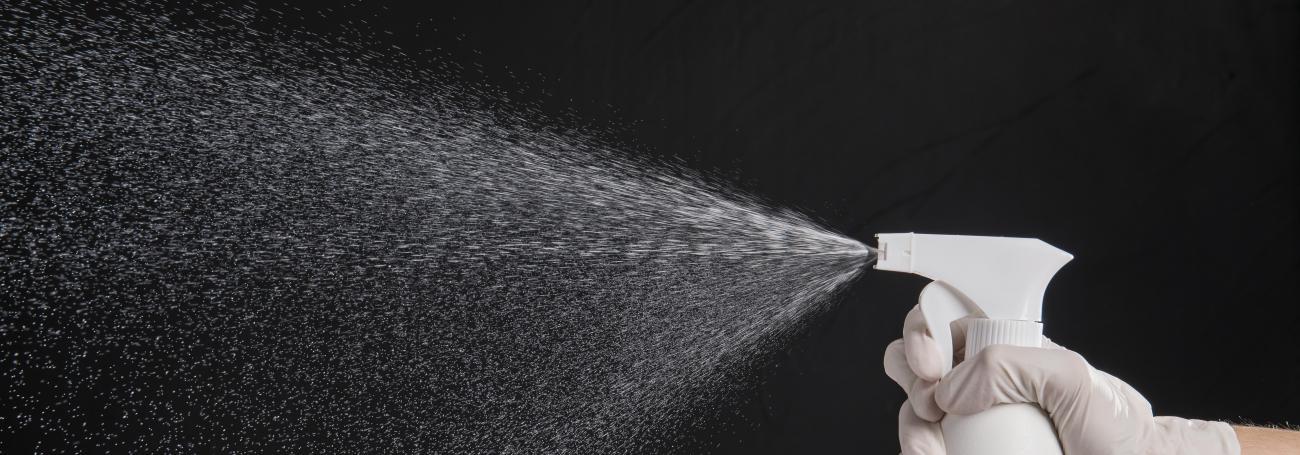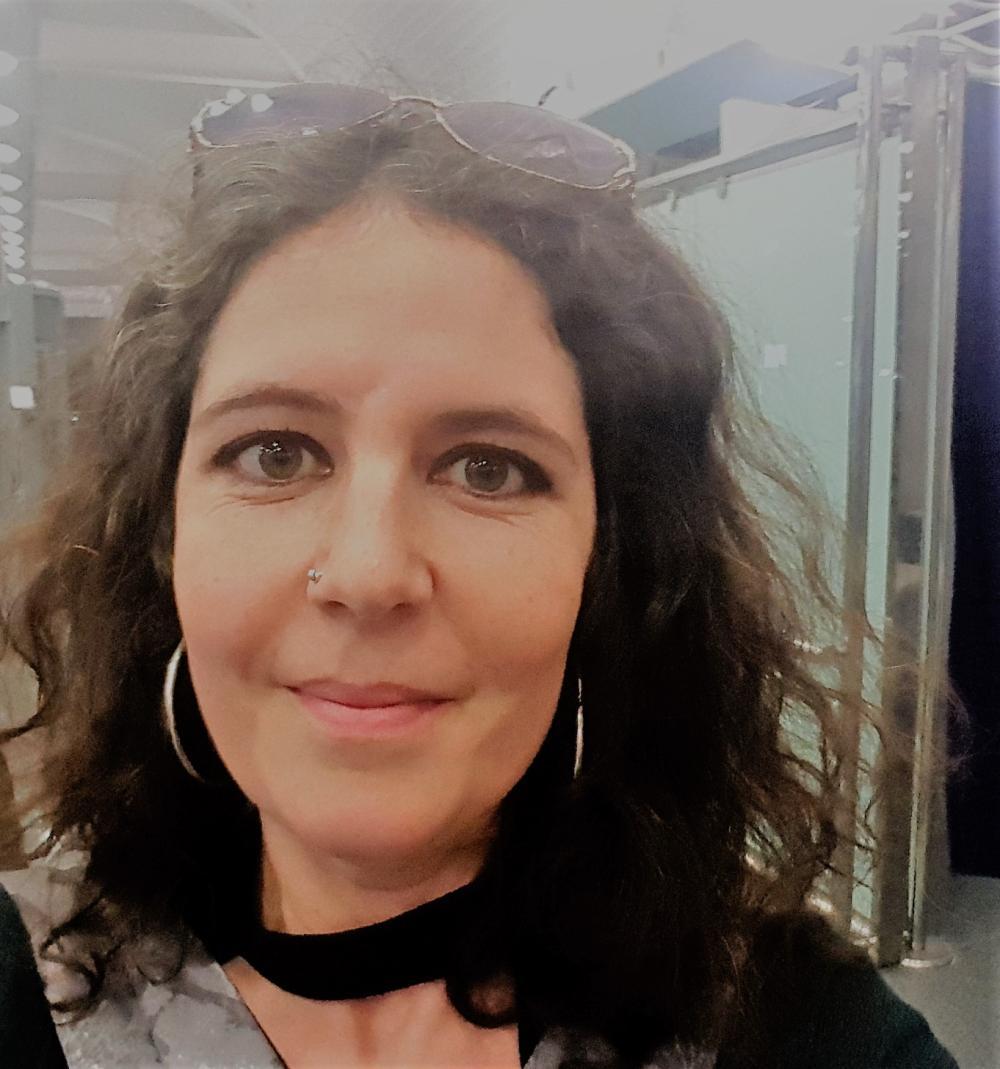The Covid-19 crisis and the consequent repressive measures to contain it, have increased
certain violent behaviours (e.g. domestic violence, hate crime), created new forms of crimes and deviances (e.g. youth not complying to social distancing regulations) and deepened existing inequalities and polarisation (by scapegoating and dehumanising marginalised people and populations at risk).
In the Summer, the Black Lives Matter social movement, protesting against police brutality and all racially motivated violence against black people, re-gained international attention during the global demonstrations following the killing of George Floyd in May 2020.
The combination of economic and social tensions caused by the pandemic, as well as confinement and other restrictions, have significantly complicated and aggravated the level of stress, anxiety and conflicts between family members, neighbours and citizens.
In light of these actual dangers, what are the new forms of crime and violence that emerged during these last months and what can the restorative justice community do to support a peaceful coexistence? What can we learn from restorative practitioners who already work on cases of hate crime and polarisation?
Contributors:
- Miriam Attias (Finland) - reflection on the potential of restorative justice in cases of hate crime, othering and polarisation
- Lucy Jaffe (UK) - reflection on the structural implementation of community-oriented restorative initiatives in cases of hate crime
- Tehmina Kazi (moderator) - reflection on the positives of the lockdown which might lead to a reduction in violence and hate (e.g. mutual aid groups, more time to connect)
Registrations to this free webinar are open. The day of the event, you will receive an email with the link to the webinar. In case you missed it, join us via this link 10 minutes before the event starts (16.50 CET).



